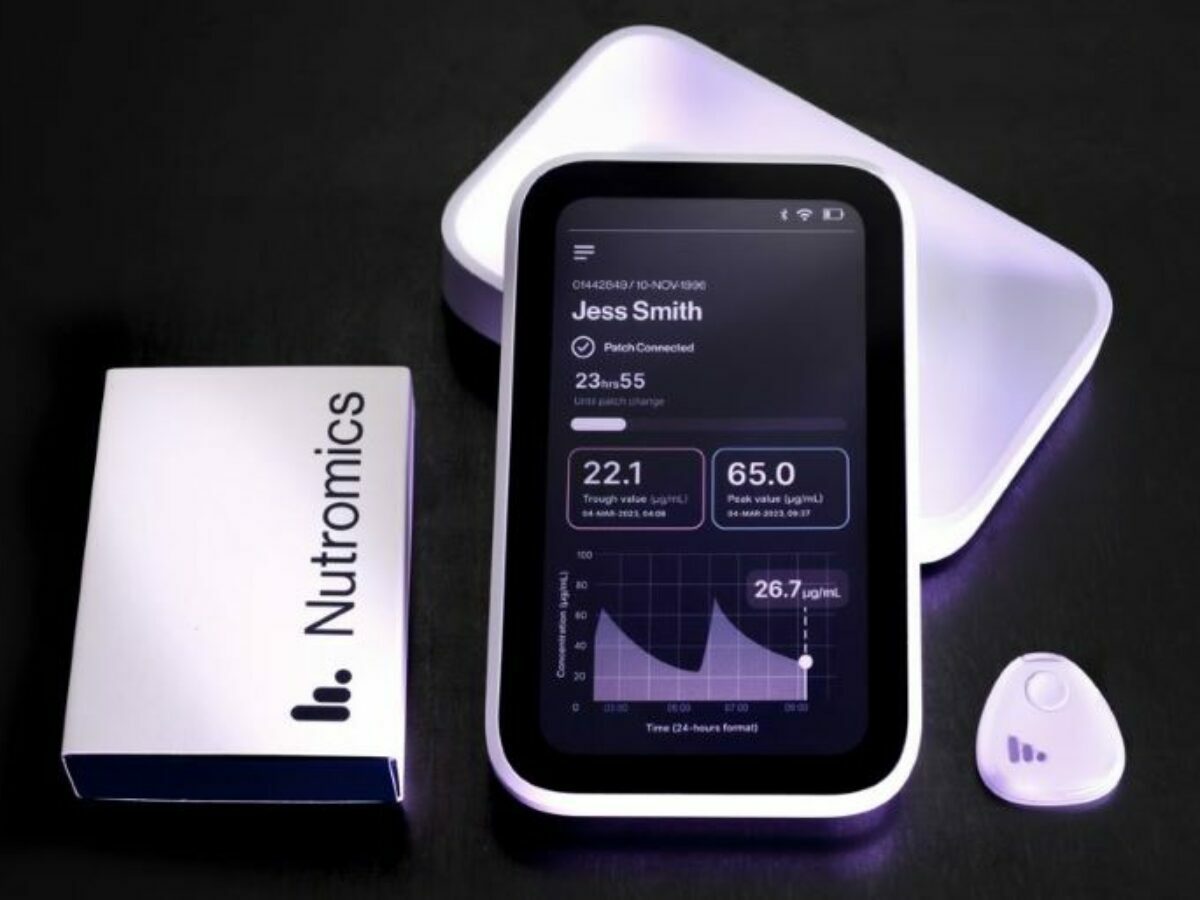Wearable diagnostics, eco-concrete, cutting tool digital twins among funded industry PhDs

Support for 32 projects under the National Industry PhD Program has been announced, with $5 million awarded to industry-based projects in materials engineering, biomedical engineering and other research fields.
According to assistant education minister Anthony Chisholm, who announced the funded projects on Monday, these would “enhance the world-class research being undertaken” in universities as well as “ensure Australian innovation is given the best opportunity for commercialisation.”
Among the successful projects are:
- A collaboration between wearable diagnostics company Nutromics and University of NSW aiming “to understand how to optimise the function of DNA-based sensing elements when immobilised on electrode surfaces for use with wearable sensors. This is now known to be the crucial step to solving the 50 year old challenge of sensors that can continuously monitor drugs and biomarkers in patients in real time.”
- A partnership between Ethanol Technologies and University of Newcastle aiming to optimise and scale up production of bioethanol from agricultural waste, “by engineering yeast strains to improve fermentation. The project will generate yeast strains that are efficient in fermenting sugars to products in the shortest time possible, so that the process is economically viable on an industrial scale.”
- A digital twin-focussed product linking Swinburne University of Technology and Sutton Tools. This “aims to develop a digital twin model of a cutting tool that can incorporate macro and micro geometries” and “expects to develop an accurate and innovative 3D digital model for automated metrology, which is aligned to the core R&D work at Sutton Tools.”
- An effort between Hallett Group and University of South Australia, generating “new knowledge about efficient recycling of iron-rich solid waste” in concrete produced using “granulated lead smelter slag”. The project “responds to the global challenge of safe disposal and reuse of lead slag (10–20% of output) due to potential heavy metal leaching and low-use efficiency.”
A full list of successful round one project applications is available here.
“Collaboration between industry and universities is key to harnessing our world-class research and translating it into real and tangible benefits,” said Chisholm.
“I look forward to seeing industry and researchers working together and encourage any potential candidates to apply for Round 2 which is now open.”
The industry program was introduced by the previous federal government as part of its efforts to lift the commercial returns from publicly-funded research. It aims to produce 1,800 Industry PhDs over 10 years. Applications for round two are open until August 4 and can be made here.
Picture: credit Nutromics
Further reading
Nutromics raises funds for wearable DNA monitoring
Govt’s $2b uni research funding stretched over 11 years
Promised more industry focused PhDs, but the reality is different – by Dr John Howard
@aumanufacturing Sections
Analysis and Commentary Awards casino reviews Defence Gambling Manufacturing News Online Casino Podcast Technology Videos





